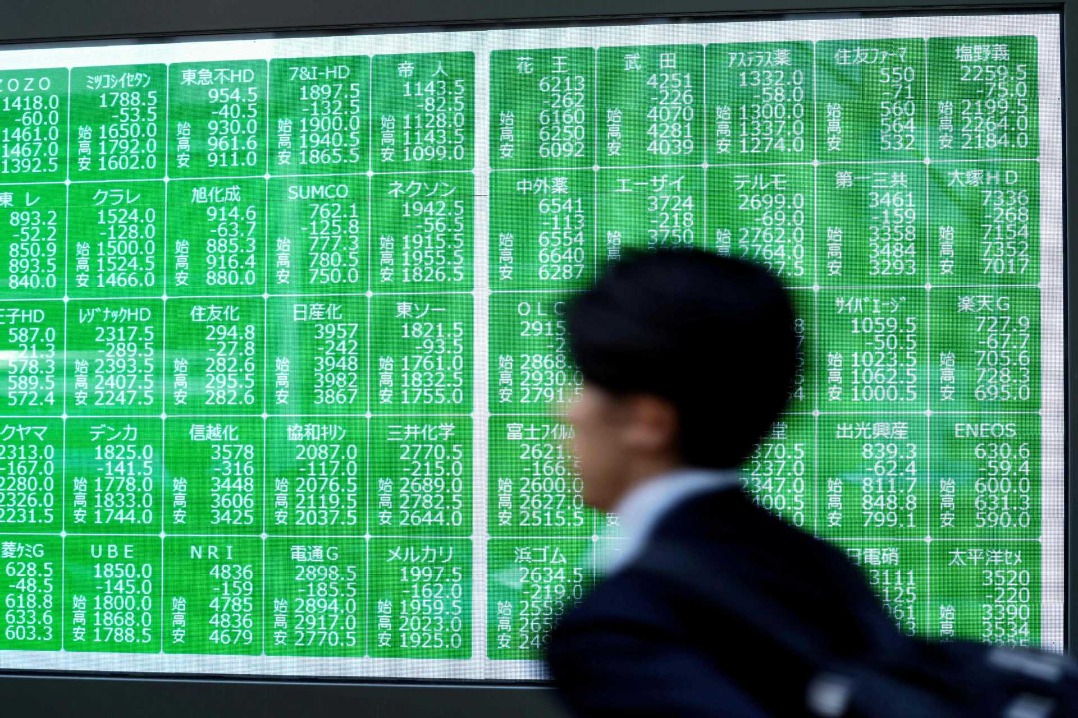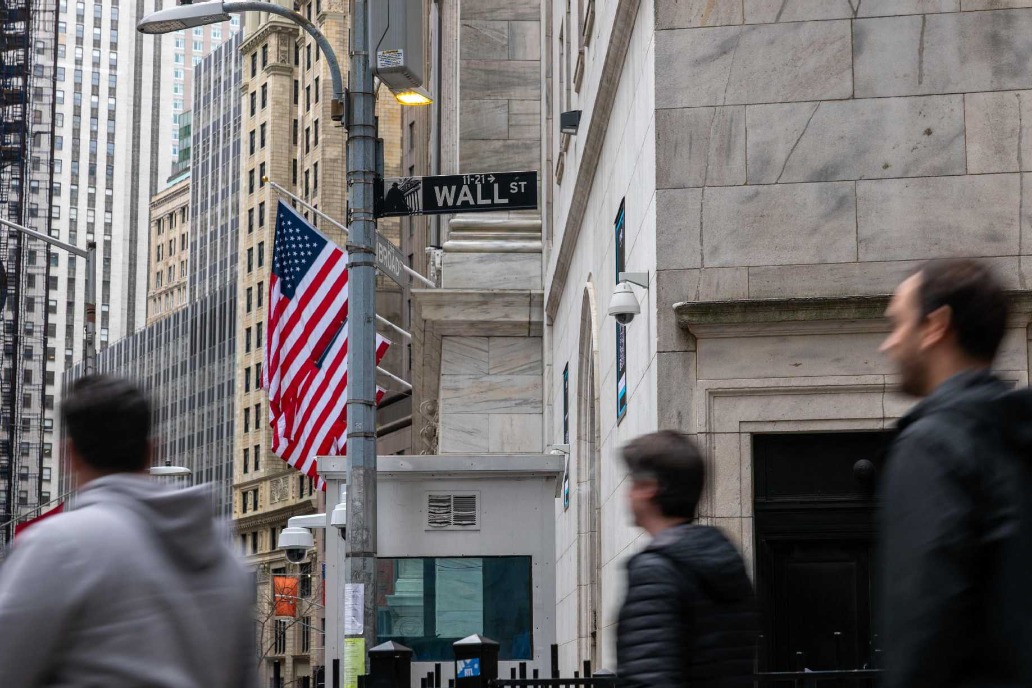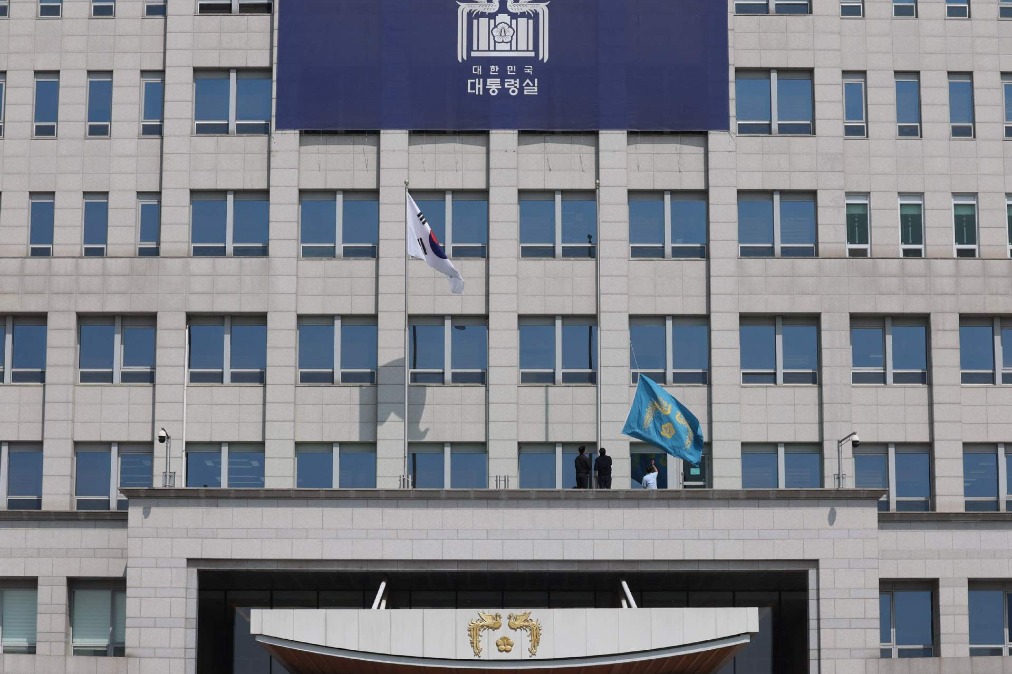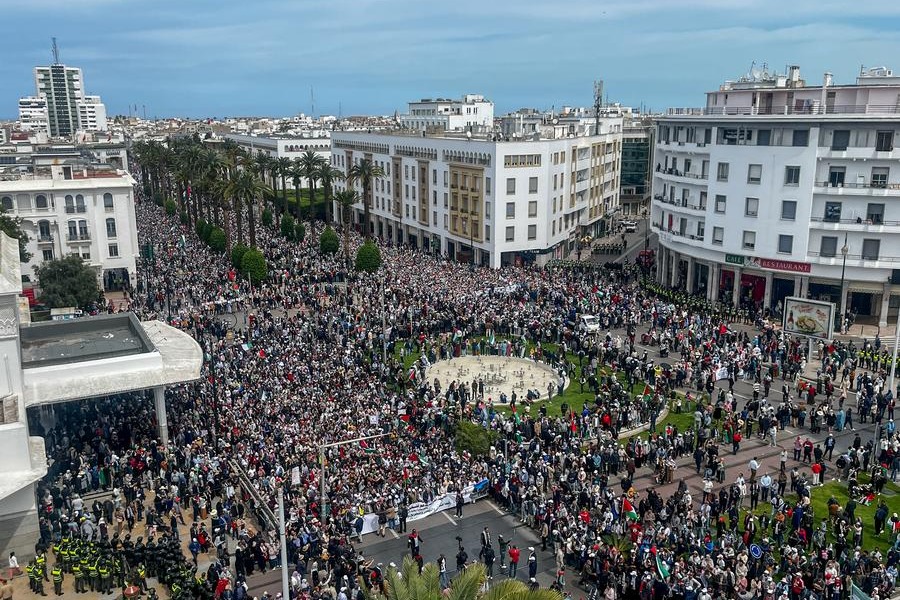Protests against govt policies staged across US

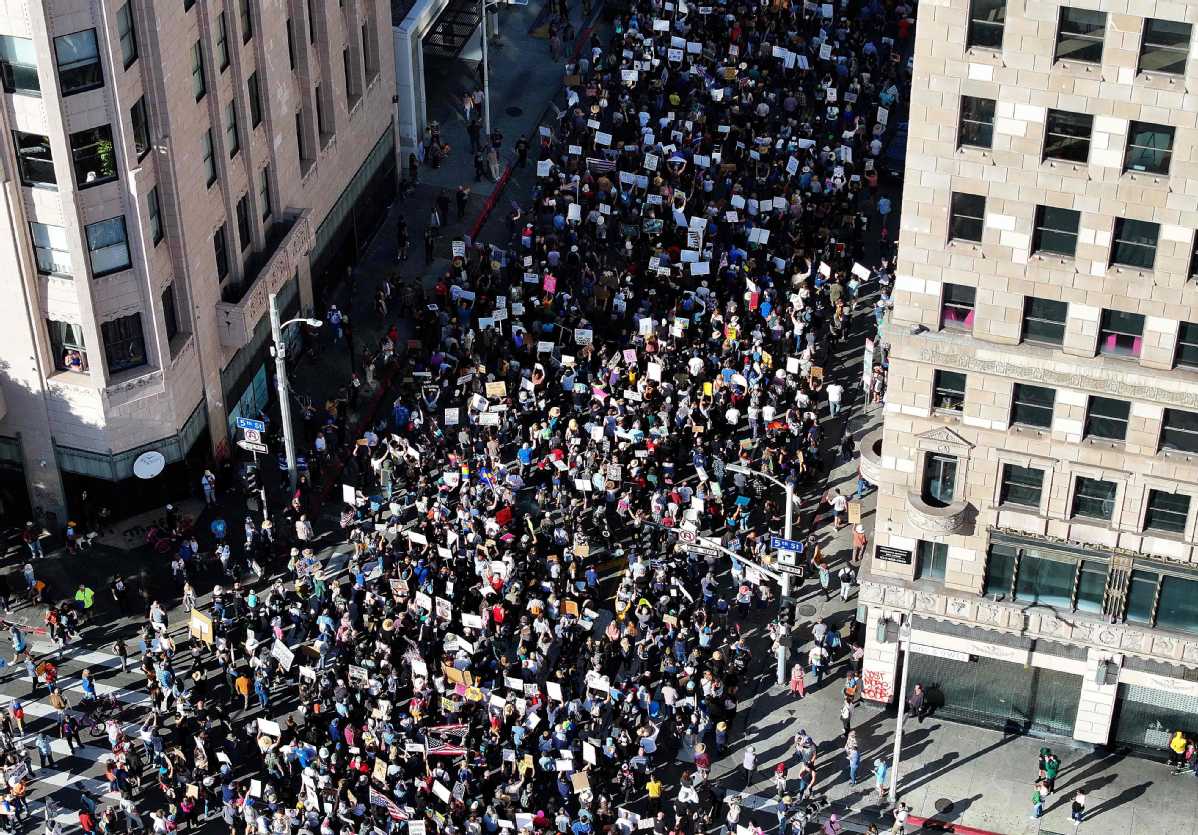
Protests were held in dozens of cities across the United States on Saturday over the policies unveiled by US President Donald Trump's administration since January.
The protests came as the world has been hit by sweeping new US tariffs introduced last week, sending shock waves through global financial markets and upsetting nations around the globe.
The protesters in the US opposed the Trump administration's policies regarding the economy, immigration and human rights.
Organized by a coalition of more than 150 groups, including civil rights organizations, labor unions and veterans' associations, the coordinated move led to over 1,400 protests nationwide, according to organizers.
Demonstrators gathered at state capitols, federal buildings, congressional offices, Social Security Administration headquarters, city halls and public parks.
The demonstrations featured a wide array of protest signs and slogans, such as "End Oligarchy", "Let Gaza Live" and "Save Social Security".
Some elected officials joined as well. Boston Mayor Michelle Wu said she doesn't want her children and others to live in a world where threats and intimidation are the means of government and values such as diversity are under attack.
Since taking office, the Trump administration has faced criticism as well as support for sweeping policy changes, including mass layoffs in federal agencies, deportation of immigrants, steep budget cuts and the imposition of tariffs on multiple countries.
Similar protests also took place over the weekend in Canada and Mexico, and in European cities, including Berlin, Paris and London, as hundreds of people took to the streets, where demonstrators voiced opposition to US trade policies.
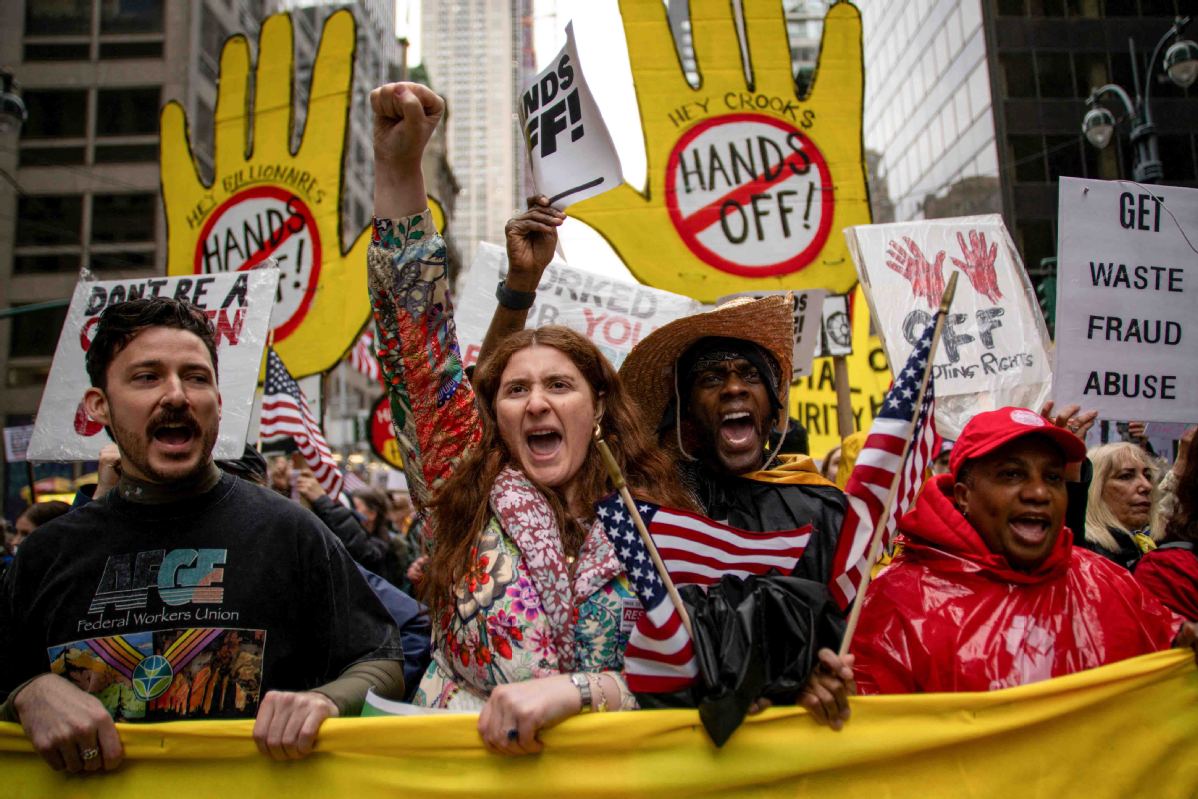
Widespread concerns
Besides domestic policies, the US's sweeping tariff measures have also triggered widespread concerns.
In its latest move, the White House announced on Wednesday a broad new set of so-called reciprocal tariffs, imposing a 10 percent "minimum baseline tariff" and higher rates on certain trading partners.
As US Customs agents began collecting the 10 percent tariff, higher levies on goods from 57 larger trading partners were due to begin.
Rasha Al Joundy, a senior researcher at the Dubai Public Policy Research Centre, told China Daily that the new US tariffs will have a significant impact on the global economy, and the ramifications could continue to unfold, due to either retaliatory measures or negotiations between the US and other countries.
Global trade will be influenced, as US tariffs will affect trading routes, energy demand and prices and, by extension, the budgets of oil-producing countries, Al Joundy said, adding that "if the world enters into a full-scale trade war, the global economy could face a recession".
The White House's tariff announcement on Wednesday shook global stock markets, wiping out $5 trillion in value for S&P 500 Index companies by Friday's close, a record two-day decline.
In the face of the new round of tariffs, some countries hoped to strike a deal with the US and avert economic fallout, while others weighed countermeasures.
Japanese Prime Minister Shigeru Ishiba was seeking a telephone conversation with Trump, according to media reports, as Japan faces a 24 percent levy.
Vietnam agreed on Friday to discuss a deal with the US after the US announced a 46 percent tariff on Vietnamese imports.
Meanwhile, European Union countries will seek to present a united front in the coming days against the tariffs, likely approving the first set of targeted countermeasures on up to $28 billion of US imports, ranging from dental floss to diamonds.
The European Commission, which coordinates EU trade policy, is expected to propose to members late on Monday a list of US products to be hit with extra duties in response to the Trump administration's steel and aluminium tariffs, rather than the broader reciprocal levies. It is set to include US meat, cereals, wine, wood and clothing as well as chewing gum, dental floss, vacuum cleaners and toilet paper.
Cui Haipei in Dubai, UAE, and Shao Xinying in Beijing contributed to this story.
Agencies - Xinhua
















